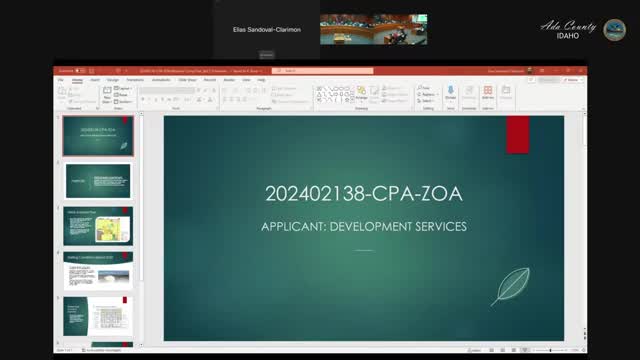Article not found
This article is no longer available. But don't worry—we've gathered other articles that discuss the same topic.
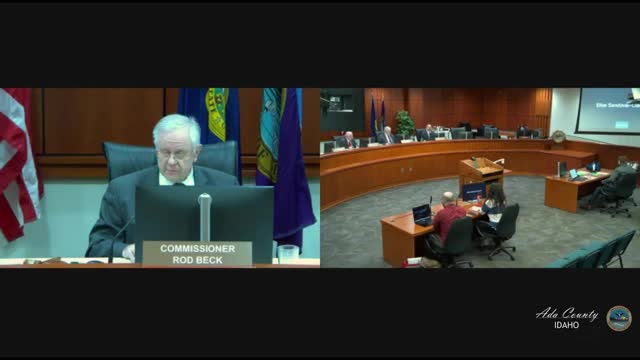
Commissioners adopt housekeeping amendment to Title 10 to restore advisory committee language for fire impact fees
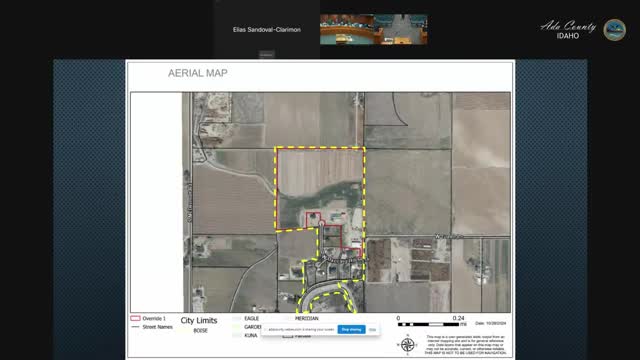
Board approves Feather Creek Ridge subdivision, adds right-to-farm acknowledgement and tables final documents
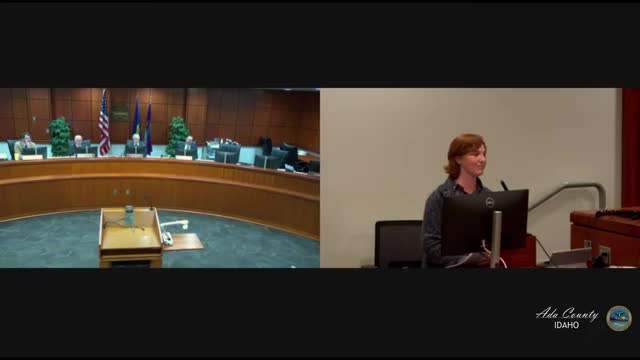
Board signals support, tables Rasmussen secondary-dwelling variance to allow staff to revise findings

Board tables decision on proposed Myring Lane car wash; asks staff to draft conditions
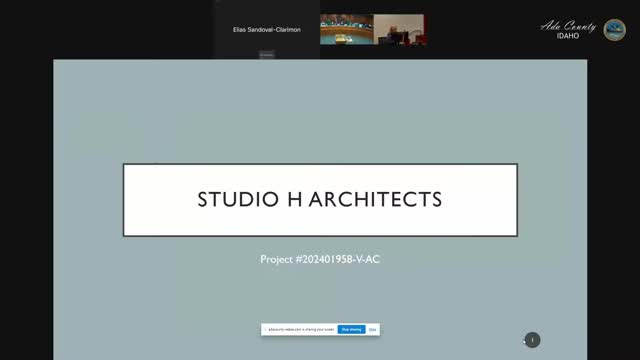
Commissioners agree to revisit variance request after debate over counting pools in lot-coverage
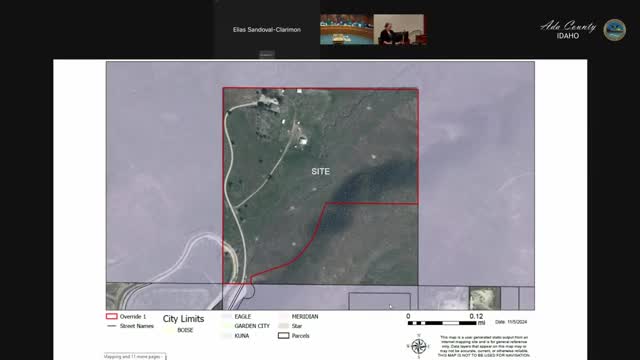
Commissioners approve Pfau Ridge subdivision application with conditions
